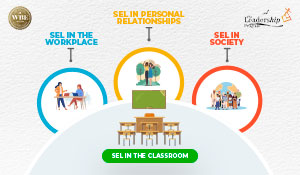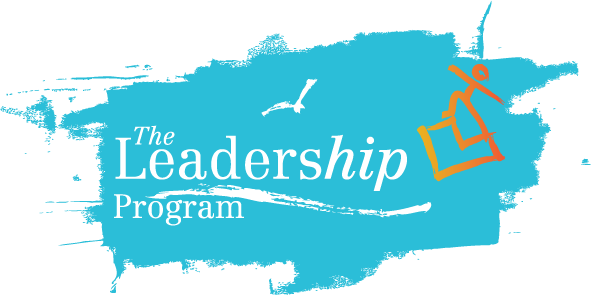Social Emotional Learning (SEL) has become a crucial component of modern education. SEL refers to the development of skills that allow individuals to understand and manage their emotions, build positive relationships, and make responsible decisions. These skills are essential for personal growth and success, and they have a significant impact on academic achievement.
In the classroom, SEL helps students develop a range of skills that are not necessarily taught through traditional academic curricula. For example, students who are equipped with strong emotional intelligence are better able to manage their feelings, cope with stress, and maintain positive relationships with their peers and teachers. This can lead to a more positive and supportive learning environment, where students are more engaged and motivated to learn.
Research has shown that implementing SEL programs in the classroom can lead to numerous benefits, including improved academic performance, reduced behavioral problems, and increased social competence. By providing students with the tools to understand their emotions and communicate effectively, they are better equipped to handle the academic and social challenges they will face both inside and outside of the classroom.
SEL can also be used as a tool for addressing specific issues that students may face, such as bullying or anxiety. By providing students with a safe and supportive environment in which to discuss and address these issues, teachers can help prevent them from escalating and negatively impacting the student's overall well-being and academic performance.
Furthermore, SEL can be integrated into classroom teaching practices in a variety of ways. For example, teachers can incorporate activities that encourage empathy and perspective-taking, such as role-playing or group discussions. They can also provide students with opportunities to practice decision-making skills and self-reflection, such as through journaling or goal-setting exercises.
Overall, SEL plays a critical role in the classroom. By equipping students with the skills they need to manage their emotions, build positive relationships, and make responsible decisions, they are better prepared to succeed academically and in their personal lives. By integrating SEL into classroom practices, teachers can create a more positive and supportive learning environment, where students are more engaged, motivated, and equipped to tackle the challenges they will face in the future.





Comments [0]
Click here to read/write comments